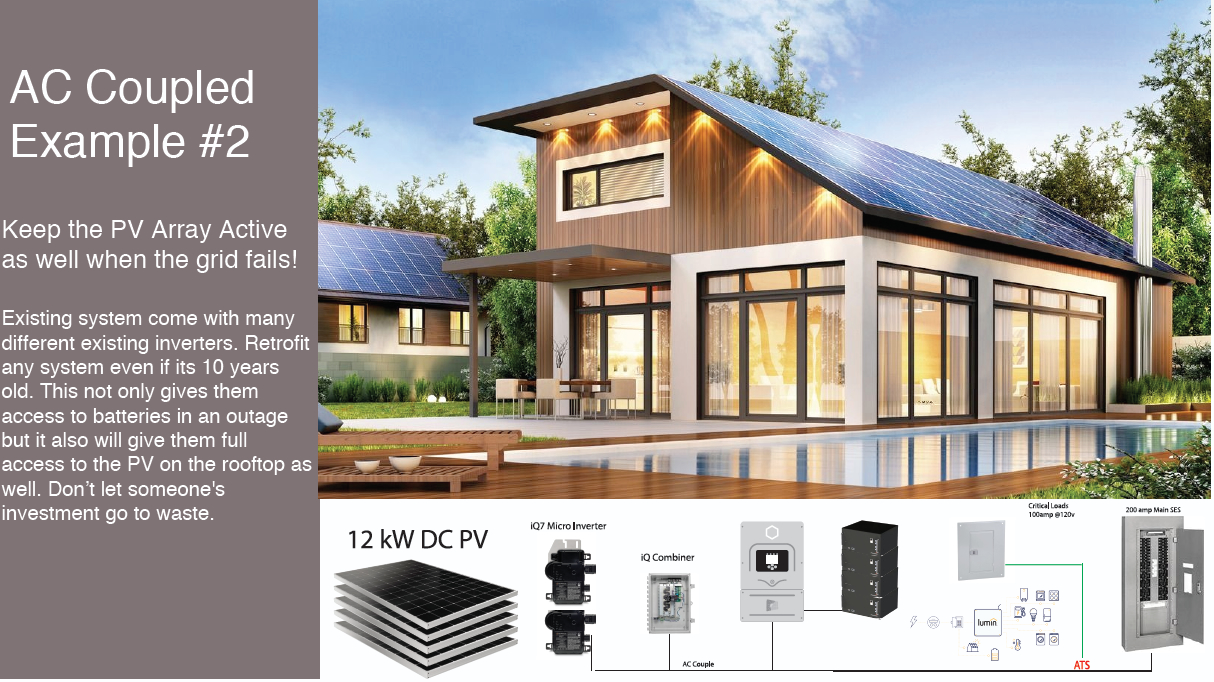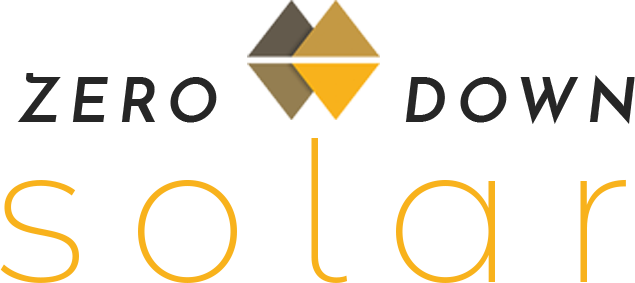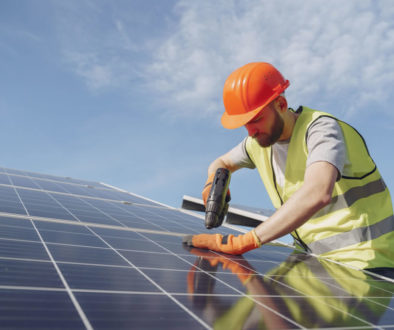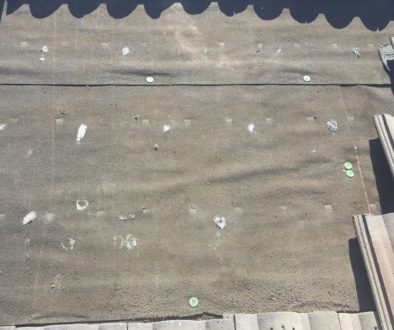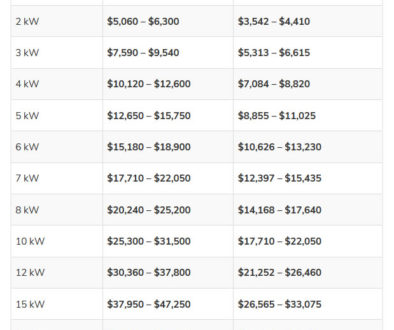Do solar-powered homeowners still have electricity during a power outage without battery backup?
In the middle of our current “Rolling Blackouts” many Homeowners want to know if they will be immune from power outages if they go solar. The answer depends upon what type of solar system they have purchased or leased. If you have Solar panels installed on your roof or property they will continue to generate electricity during power outages, as they do every day because the panels still absorb sunlight and solar energy. However, if your system is grid-tied, you will not be able to use that energy to run your home during a power outage because your solar system will automatically shut off for safety reasons. However, if you have a gas generator or a solar battery backup system, you won’t have to worry about that.
Natural gas generators are the most cost effective backup solution as solar batteries tend to be more expensive and most cannot provide more than a few hours of critical load backup. However, for homeowners who want to be completely independent, energy-wise, and combine solar production with battery storage we are an approved vendor for Storz. We can combine 1 or more of the modern battery packs by Storz Power™ with solar installation to provide your home with power both day and night. Storz provides a more efficient and less costly battery back up solution, because it uses LIP (Lithium Iron Phosphate) technology, which is proven to be the most efficient battery technology. We believe that Storz is twice as effective as Solaredge inverter and Tesla’s Powerwall! The Storz 5kWh is ideal for residential, commercial and emergency applications.
All the solar systems that Zero Down Solar installs are battery ready but the majority of solar powered homes do not have a battery back-up system and are still connected to the power grid, which is how net metering works. When solar panels produce electricity, it flows into the grid, and the production is monitored and credited to a homeowner’s account (this is when your meter will roll backward).
This is how excess electricity is stored, and it is how a home that may not be 100% powered by solar panels maintains power. Being connected to the grid means that the power supplied by the solar panels on your home flows back into the electrical grid.
Power outages are usually due to a disruption somewhere between the electricity supplier and homeowners. The power plant may still be fully capable of producing electricity, but there is a breach in the system (such as a broken power line) that prevents the supply from reaching the consumer in that service area. Solar powered homes that are connected to the grid contribute to the production of electricity, but are not immune to blackouts that affect the entire community. The only way to reduce your risk of suffering through a blackout is to store the solar power your system generates on-site (or to use a gas generator). Doing so requires the installation of a solar battery backup system. This is more costly than relying on the typical net-metering approach alone, but it does mean that your home will continue to run on electricity even when the rest of the neighborhood cannot.
